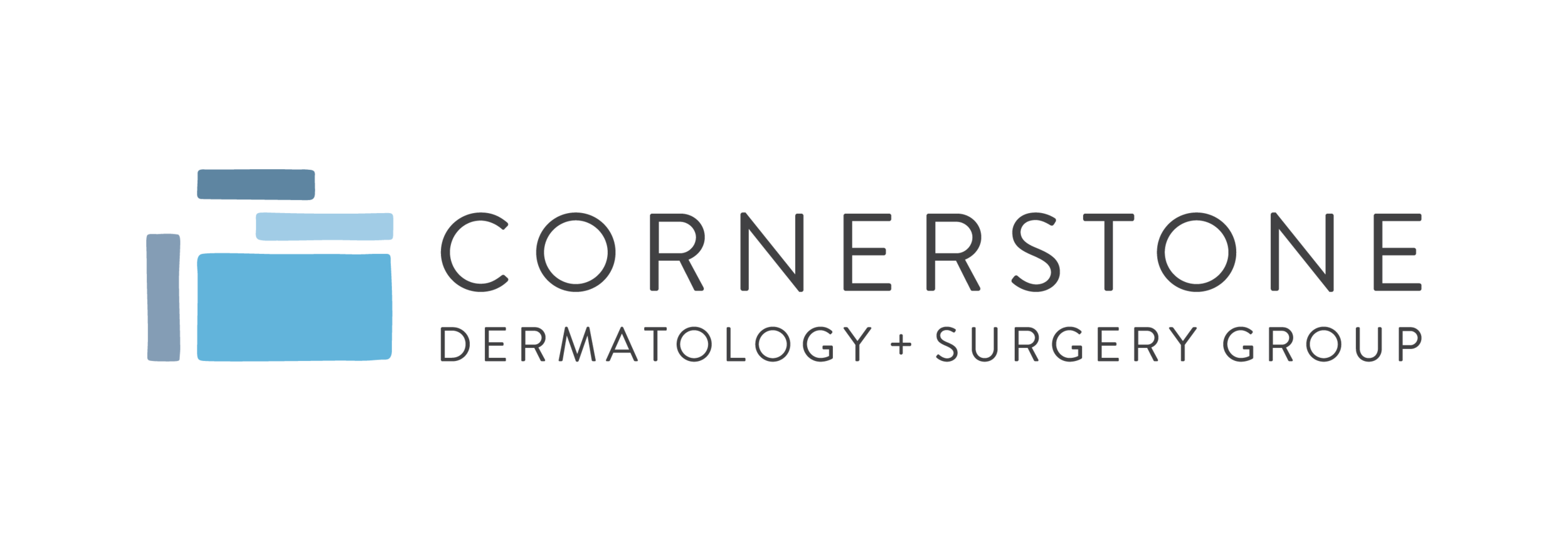Nicotinamide Supplement Reduces Risk of skin Cancer
What if there were a pill you could take to help prevent skin cancer?
The good news is that such a pill exists, and that for patients at high risk for non-melanoma skin cancer, reducing your chances of skin cancer re-occurring can be as simple as taking a twice-daily supplement.
The supplement is called nicotinamide, and it’s a water-soluble form of vitamin B3. According to the findings of a phase 3 clinical study published in the New England Journal of Medicine in 2015, nicotinamide supplementation cut the rate of new squamous-cell and basal cell skin cancers by 23 percent as compared to a placebo.
David Fieleke, MD, FAAD, a board-certified dermatologist and Mohs surgeon at Cornerstone Dermatology in Lee’s Summit, says this encouraging study produces a simple, actionable step for patients at high risk for non-melanoma skin cancer.
“Nicotinamide is easily available, pretty inexpensive and tends to not have any significant side effects,” he says. “I counsel my patients at high risk for skin cancer to purchase the supplement wherever you get your groceries or at your local drugstore and take 500 mg twice daily as indicated by the study.”
How does nicotinamide work?
Ultraviolet radiation, which comes from the sun, causes DNA damage. There are certain antioxidants, like nicotinamide, that can help reverse that damage to some extent, Fieleke says.
Not only did the study show a decrease in basal cell and squamous cell carcinoma, it also reduced patients’ risk for developing actinic keratosis, a common pre-cancer of the skin.
“This supplement reduces immune suppression caused by that UV radiation, enabling our skin to adapt and correct that damage before it turns into a malignant form of skin cancer,” he says. “We hope that down the road, even more skin cancers can be prevented.”
Be sure to get nicotinamide vs. other similar forms of niacin.
Yes, if you’re at high risk for skin cancer (having previous skin cancers, pre-cancers and sun damage), you can go ahead and add nicotinamide to your cart. But be careful that you’re getting the correct form of vitamin B3.
“Be sure you’re not purchasing niacin, another form of B3 which can have some undesirable side effects like flushing, increased blood pressure and headaches,” Fieleke says.
It’s also essential to understand that nicotinamide is NOT an oral sunscreen, and all patients should continue to take proper sun protective measures, Fieleke says.
“Nicotinamide supplementation is another great tool we have in our arsenal for the prevention of skin cancer,” he says. “But popping a pill isn’t a replacement for dermatologists’ tried-and-true advice. We still all need to be vigilant about applying sunscreen, wearing sun-protective clothing and avoiding peak-sun daylight hours.”
Where do I buy nicotinamide?
If you experience challenges finding nicotinamide at your local grocery store or pharmacy, there are several good options available online. Here are examples of the correct supplement to purchase if you’re shopping online:


